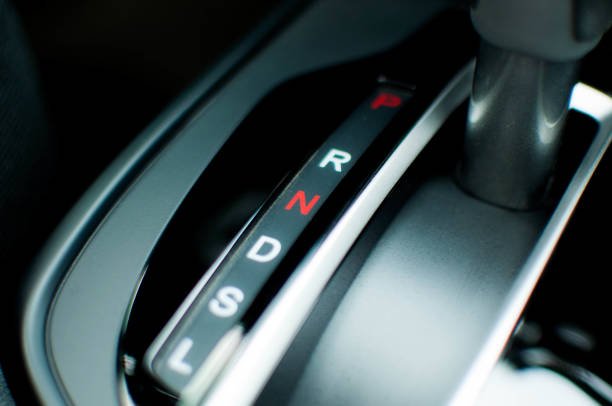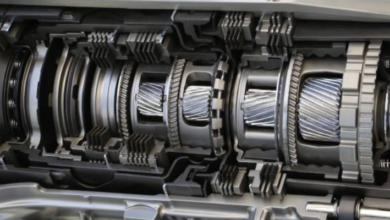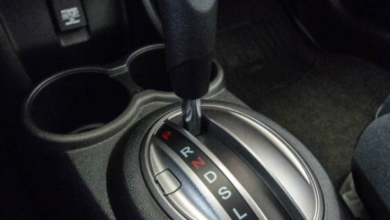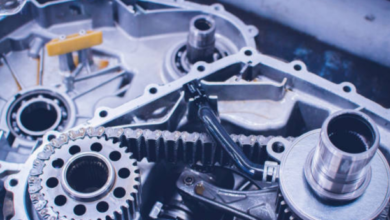Automatic Transmission Longevity: How to Extend the Life

The automatic transmission in your car is a complicated and important part that has to be properly maintained and cared for to last a long time and function at its best. If you don’t take care of your transmission, you risk expensive repairs and early failure. You may, however, greatly longevity your automatic transmission with the appropriate information and practices. We’ll go over all the important maintenance and repair advice you need to keep your automatic transmission in good working order for many years to come in this extensive guide.
Auto Transmission Longevity Tips
Frequent Fluid Replacement:
Your automatic transmission’s lifeblood is its transmission fluid. It conducts heat, lubricates moving parts, and supplies hydraulic pressure for gear shifts. As advised by the manufacturer, check the transmission fluid’s condition and level on a regular basis. Reduced fluid levels or contaminated, unclean fluid can cause overheating, more friction, and faster wear. Use the transmission fluid type that is advised by your owner’s manual and replace it when needed.
Observe the servicing intervals recommended by the manufacturer:
The owner’s manual for your car contains a maintenance schedule that you should follow to ensure the longevity of your automatic transmission. Regular transmission fluid changes, filter replacements, and inspections are usually part of this routine. By keeping these intervals in mind, you can be sure that your transmission is getting the maintenance and care it need to perform at its best.
Gentle Driving Practices:
<p>The longevity of your automatic transmission is greatly influenced by the way you drive. Steer clear of aggressive driving techniques like quick gear changes, hard braking, and rapid acceleration. These behaviors may subject the transmission’s parts to needless strain, resulting in early wear and possible damage. To ease the load on the transmission, accelerate and decelerate more smoothly and gradually.
Maintain Proper Vehicle Loading:
When you haul heavy loads, specifically, overloading your car can put stress on the transmission. Keep in mind the manufacturer’s recommended weight restrictions and refrain from going beyond them. When towing trailers or other cars, appropriately distribute the cargo and make use of the appropriate towing equipment. You can save excessive wear and extend the life of the gearbox by following weight limitations.
Prevent Overheating:
One of the main reasons early transmission failure occurs is transmission overheating. Make sure the cooling system in your car is operating properly to avoid overheating. To avoid excessive heat buildup, regularly check and maintain the transmission cooler, radiator, and coolant levels. In order to minimize heat buildup, you should also steer clear of towing big loads during hot weather and use lower ratios when ascending steep inclines.
Deal with Problems Right Away:
Don’t overlook any strange symptoms, such as grinding sounds, slipping gears, or transmission fluid leaks. These might be indicators of underlying transmission issues that require medical attention right away. Ignoring these problems can result in more damage and expensive repairs. To identify and fix any gearbox problems as soon as possible, have your car checked out by a trained mechanic.
In Conclusion, your car’s automatic transmission is an important part, and maintaining it properly will extend its life and improve its functionality. You may prolong the life of your automatic transmission and continue to drive smoothly and trouble-free for many years to come by according to these crucial maintenance and care guidelines. To keep your transmission in peak shape, don’t forget to follow the manufacturer’s instructions, drive carefully, and take care of any problems as soon as you notice them. Your automatic transmission will continue to function properly for many miles to come if you give it the care and attention it needs.




